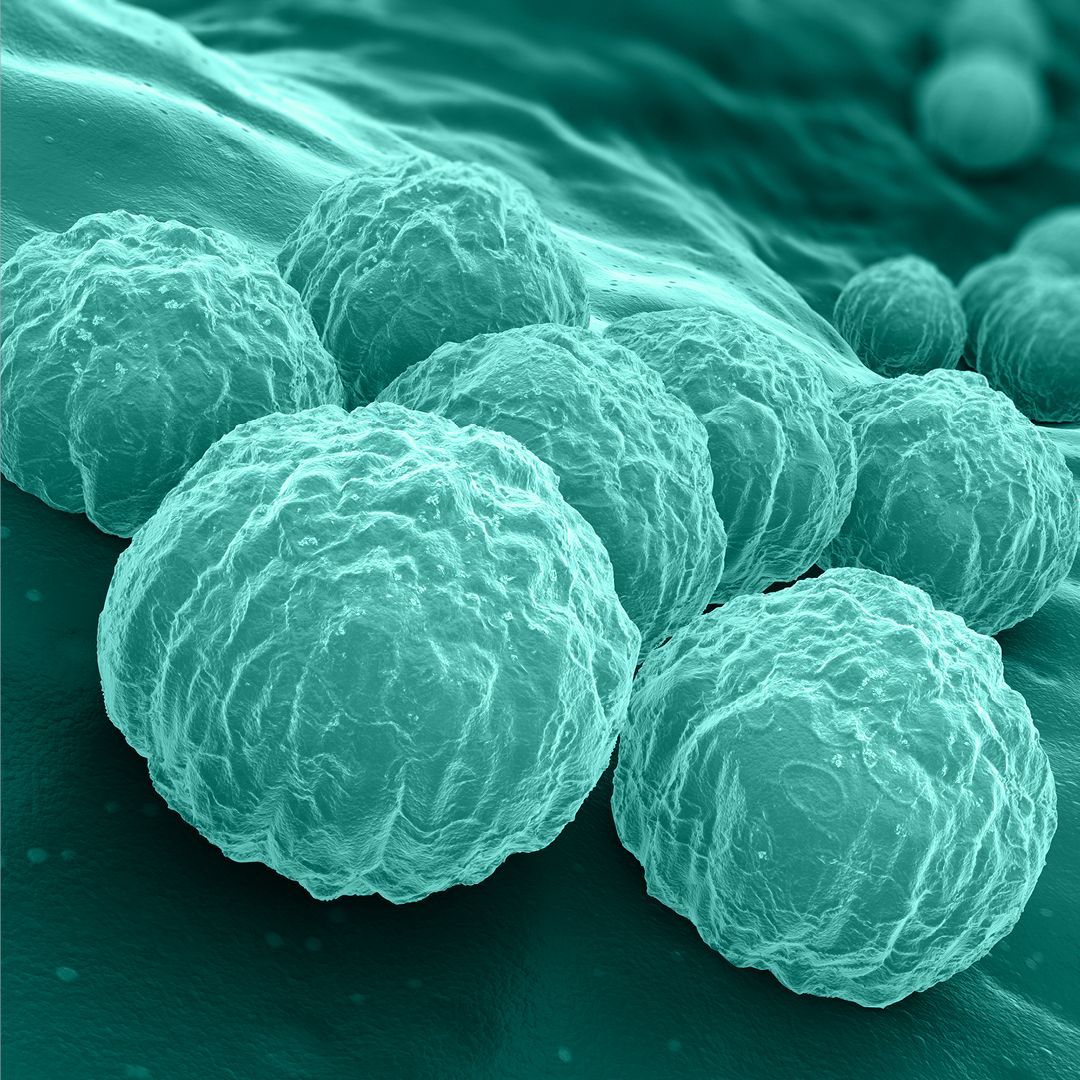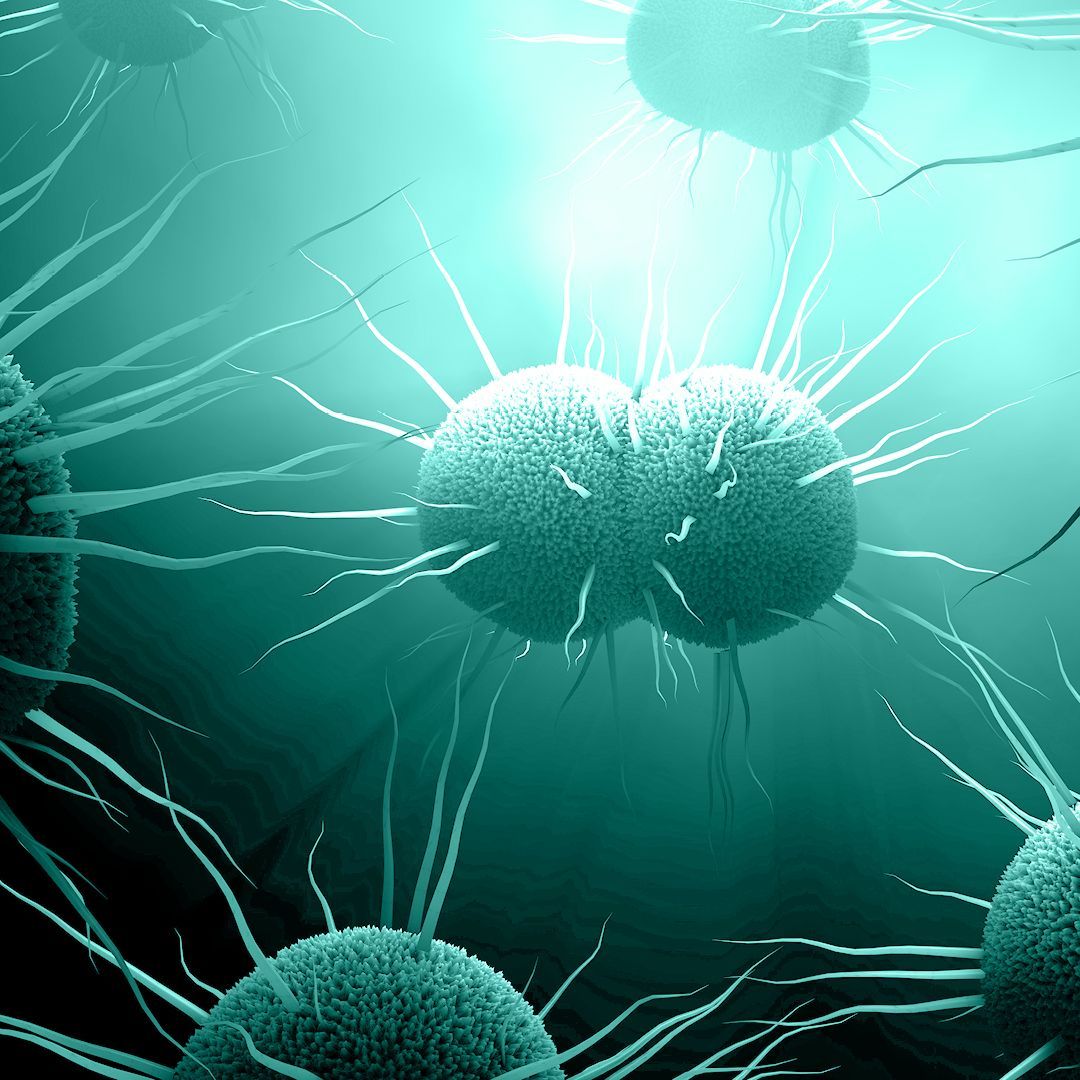What is Trichomonas Vaginalis?
Trichomonas vaginalis (trich) is a parasite that is sexually transmittable and causes trichomoniasis.
It mostly affects women, and is more common in older women than in younger ones.
However, both men and woman can get infected.
What are the symptoms of Trich?
Many women with Trich may not experience any symptoms, and most men will not.
Overall, about 70% of those infected do not experience any symptoms, and those who do may not experience them for a month or more after infection.
Asymptomatic carriership is seen frequently and can persist for years.
For women, symptoms may include:
- Typically yellow/ greenish vaginal discharge with bubbles, that has a foul, fishy smell
- Itching, burning, redness or soreness in the genital area
- Pain when urinating
- Pain during or after sex
For men, symptoms may include:
- Discharge or liquid from the penis
- Burning sensation while/ after urinating or after ejaculating
- Itching or irritation inside the penis
It is important to note that these symptoms in men are more commonly caused by other infections, for example chlamydia or gonorrhoea.
When negative for Chlamydia, Gonorrhoea or Mycoplasma, Trichomonas should be excluded.
How do I get Trich?
Trich is passed on from one person to another through vaginal sex. It can also be passed on through the use of unwashed sex toys.
It can spread from penis to vagina, from vagina to penis and from vagina to vagina. But it is not common for the parasite to affect other body parts like the mouth or anus.
If you are pregnant and you have Trich, it's very important to get treated before giving birth.
Pregnant women with untreated Trich are more likely to have their babies too early and their babies are more likely to have a low birthweight (less than 5.5 pounds).
How can I find out if I have Trich?
Testing for Trich is easy and pain free. For men, diagnosis of Trich is done by simply collecting a urethra swab or urine sample, and for women this is done through a vaginal or cervix swab.
Call or message us to find out more about how simple it is to get tested.
Is it difficult to treat Trich?
Trich can be treated easily and successfully with antibiotics, although there are women that have a persistent infection despite adequate therapy.
Should my partner get tested too?
If you are diagnosed with Trich, your current partner(s) should also be tested and treated.
Sexual intercourse is discouraged until 7 days after the start of your treatment or at least after the start of treatment of your current sex partner(s). If this is not possible, use condoms.
What happens if Trich is left untreated?
Left untreated, Trich can last for months, even years.
Although it is very unusual for Trich to cause serious complications, in pregnant women it can lead premature delivery and the baby having a low birth weight.
Left untreated, Trich can increase the risk of getting or spreading other STDs, including HIV.
How do I prevent myself from getting Trich (again)?
Using condoms (correctly) every time you have sex is the best way to prevent getting or giving someone Trich.
Whether you are in a new relationship or a long-term monogamous relationship, it is best for both you and your partner to get tested before having unprotected sex.
4-IN-1 TEST
Come in, pay for your test, get tested discreetly and privately.
For a limited time until April 30th - only fl. 275.go.
Chlamydia
Chlamydia is one of the most common sexually transmitted infections worldwide, the Chlamydia trachomatis bacteria. It can be treated by oral antibiotics.
gonorrhoea
Gonorrhoea is a sexually transmitted infection caused by Neisseria gonorrhoeae, that can affect the genitals, rectum, and throat. It can be treated by intramuscular antibiotics.
Do you have any questions?
Please reach out to us:
Phone Or App:
Email:
Testing is available at all MLS locations
All Rights Reserved | Medical Laboratory Services Curaçao
Privacy & Terms






